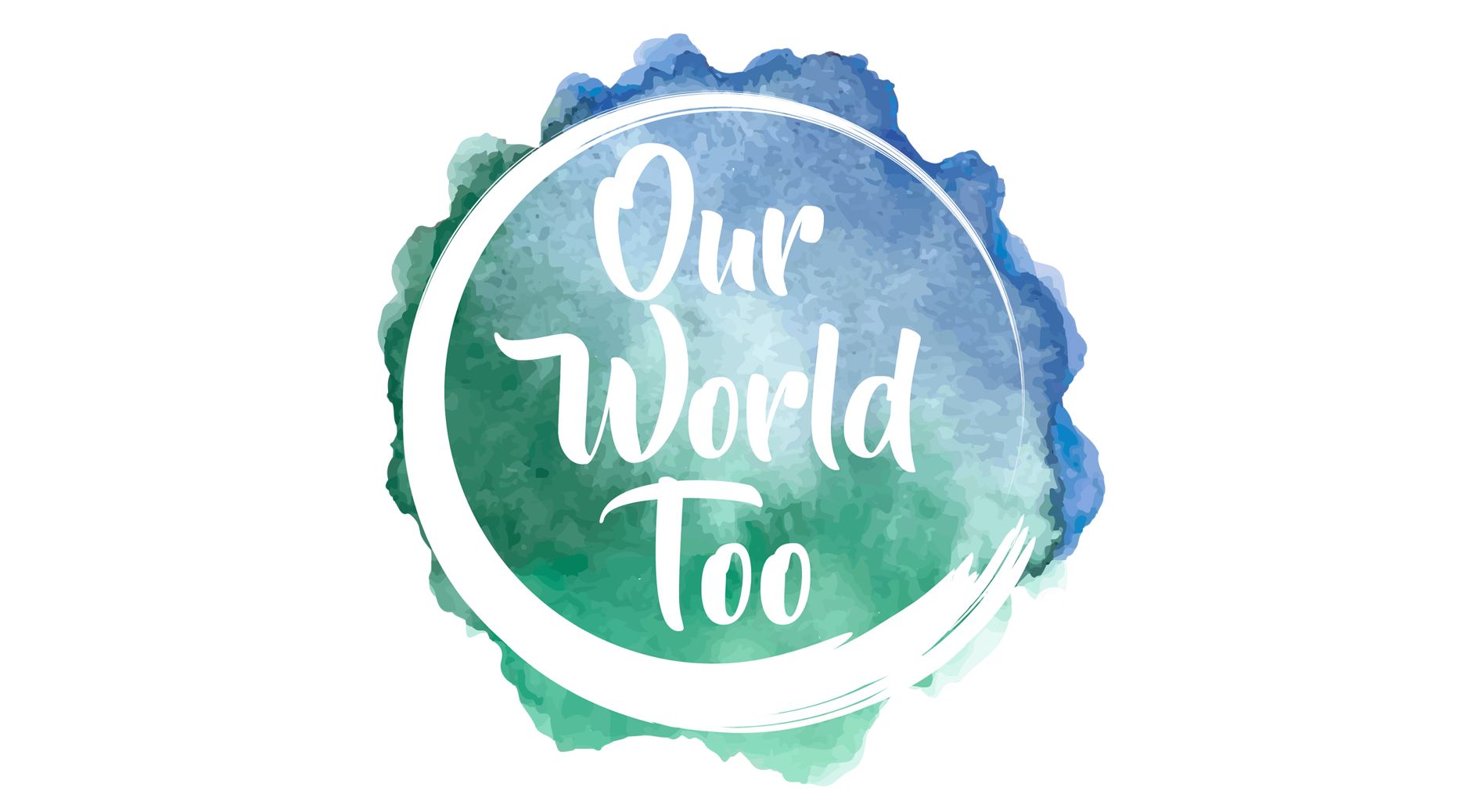Student initiative aims to rehumanise refugees and asylum seekers through power of personal stories
Masters students Hira Aftab and Maryam Khan want ‘Our World Too’ to highlight the stories of individuals who have been forced to flee homes in search of safety

*to read the original article, please visit the University of Bath‘s website*
A student initiative led by two University of Bath students on our MSc Humanitarianism, Conflict & Development programme hopes to recast the debate surrounding refugees and asylum seekers by offering a platform to highlight the life stories of individuals forced to flee their homes in search of safety.
‘Our World Too’, the brainchild of Hira Aftab and Maryam Khan, stems from their meeting on the course in Bath, class discussions about the common depiction and coverage of refugee-related issues, and a shared desire to change the narrative and advocate for individuals’ rights.
Set in a context where it can be easy to forget the individuals behind statistics, their site – https://ourworldtoo.org.uk/ – offers a space for refugees and displaced people to tell their stories, share their experiences, their hopes and dreams through a series of first-hand, short stories.
Hira and Maryam want these individual reflections to spark fresh conversations about refugees and our response to them, and to counterbalance some of the negative stereotypes and discrimination which often persist.
Hira, who studied on the Bath course remotely from Saudi Arabia and London, explained: “It’s often easy to ignore the voices of those who aren’t represented or are misrepresented by mainstream media. No one is born thinking they would have to flee their homeland to seek safety, but when they do instead of being afforded the international protection they are entitled to they are alienated by the media and politics. Refugees do not need us to save them, but they need to be treated with respect, honour and dignity throughout their journeys.”
Maryam, also a remote learner on the MSc course who is based in London, added: “Growing up in Pakistan on the brink of the Afghan war, I witnessed people fleeing by their thousands, seeking safety in Pakistan. I was fortunate enough to observe the shift in how Afghan refugees contributed to local communities. One thing they all had in common was a story to tell about their life, their home and their villages.
“The life they left behind, a degree they worked hard for which now was invalid and loved ones they were forced to separate from and are still seeking. It would be fair to say that one of the reasons for me to become a social worker and a humanitarian was the impact these narratives had on me, it helped me see people beyond labels, it taught me no matter where, what colour, race or religion people come from they are people just like me.”
The narratives on their website outline the stories of people like Nejwa who had to flee with her children while crossing multiple international borders in search of safety to Qazi Marzia Babakarkhail, a former Supreme Court Judge in Afghanistan who champions women’s rights but was forced to flee after being targeted by the Taliban. Qazi Marzia notes:
Refugees can’t make decisions for themselves; they are always waiting for someone else’s decision. You become an object; your views are never in the media. I would like to see more humanity and solidarity shown for the refugee community.
Through interviewing both former and current refugees, Hira and Maryam hope ‘Our World Too’ will be able to break down some of the negative stereotypes attached to the term ‘refugee’ and create a more welcoming environment for refugees globally.
Dr Jason Hart, from our Department of Social & Policy Sciences, who taught Hira and Maryam on the course at Bath, added: “Discussion of displacement often focusses on statistics alone. This initiative by Hira and Maryam has exciting potential to remind us of the individuality and human complexity of the people behind those statistics. It is hugely gratifying to the teaching team at Bath to see our students come together and build something valuable in this way.”
Hira says: “The MSc course at Bath and our lecturers helped us critically examine industry practice and theoretical information which helped provide us with that moment of realisation that more needs to be done to increase refugee representation across the board.
Maryam Khan adds: “Our course mates, who are now close friends were instrumental in supporting us to develop Our World Too.”
While working to grow ‘Our World Too’, Hira works as a communications officer in the humanitarian sector and Maryam works as a child protection social worker and safeguarding advisor.
Hira and Maryam want to hear from individuals who are happy to share their stories (which can be anonymously). To contact them see https://ourworldtoo.org.uk/contact-us/.
University of Sanctuary
- In November 2020 the University of Bath became a ‘University of Sanctuary’ for refugees and asylum seekers for its collective efforts across scholarships, wellbeing support, volunteering, teaching and research, to welcome refugees and asylum seekers. Read more about the award from the charity City of Sanctuary and the University’s efforts.
